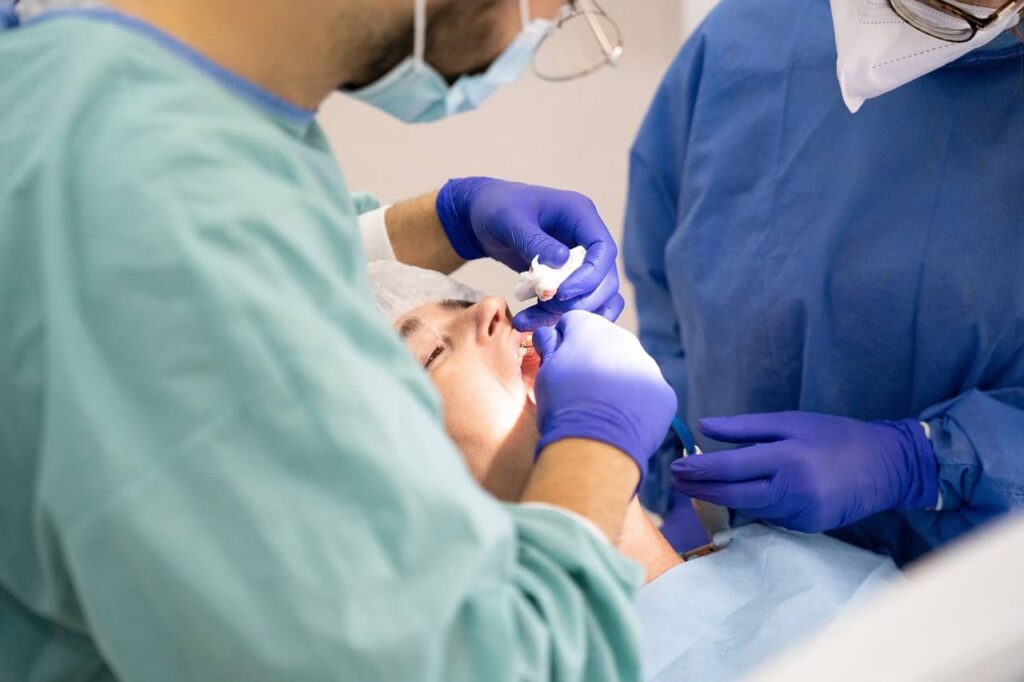In the ongoing battle against microbial threats, the development of effective antimicrobial treatments remains a critical frontier of scientific innovation. With the rise of antimicrobial resistance posing a significant global health challenge, exploring advanced strategies and innovations becomes imperative. This article delves into the realm of advanced antimicrobial treatments, elucidating cutting-edge strategies, innovative technologies, and promising avenues for combatting microbial infections.
Contents
Understanding Antimicrobial Resistance
Antimicrobial resistance (AMR) occurs when microorganisms evolve mechanisms to withstand the effects of antimicrobial agents, rendering them ineffective. The misuse and overuse of antimicrobials in healthcare, agriculture, and animal husbandry have accelerated the emergence of resistant strains, complicating treatment regimens and threatening public health. Addressing AMR requires a multifaceted approach encompassing surveillance, stewardship, and the development of novel antimicrobial treatments.
Advanced Strategies in Antimicrobial Treatment
Advanced strategies in antimicrobial treatment encompass precision medicine approaches, such as genomic-guided therapies, combination therapies leveraging synergistic antimicrobial agents, and immunotherapeutic interventions harnessing the body’s immune system to combat infections. These innovative approaches hold promise for overcoming antimicrobial resistance and improving treatment outcomes in the face of evolving microbial threats.
Precision Medicine Approaches:
- Precision medicine leverages genomic and proteomic data to tailor antimicrobial therapies to individual patients, optimizing treatment efficacy while minimizing adverse effects.
- Techniques such as whole-genome sequencing enable rapid identification of microbial pathogens and their resistance profiles, facilitating targeted antimicrobial interventions.
Combination Therapies:
- Combining multiple antimicrobial agents with complementary mechanisms of action can enhance efficacy and mitigate resistance development.
- Synergistic interactions between different classes of antimicrobials or adjunct therapies, such as bacteriophage therapy or immunomodulators, offer promising avenues for combatting multidrug-resistant infections.
Immunotherapies:
- Immunotherapeutic approaches harness the body’s immune system to combat microbial infections, offering an alternative or adjunct to traditional antimicrobial agents.
- Strategies include monoclonal antibodies targeting specific microbial antigens, immune checkpoint inhibitors to enhance host immune responses, and vaccines to prevent infection or reduce disease severity.
Innovative Technologies in Antimicrobial Treatment
Innovative technologies in antimicrobial treatment, such as nanotechnology, photodynamic therapy (PDT), and CRISPR-Cas antimicrobials, offer promising solutions to combat microbial infections. These cutting-edge approaches leverage advanced materials, light-based therapies, and precision gene editing to enhance antimicrobial efficacy while minimizing resistance development.
Nanotechnology:
- Nanoscale materials and devices hold immense potential for antimicrobial applications, offering unique physicochemical properties that enhance antimicrobial efficacy.
- Nanoparticles, nanoemulsions, and nanocomposites can disrupt microbial membranes, inhibit biofilm formation, and deliver antimicrobial agents to target sites with precision.
Photodynamic Therapy (PDT):
- PDT employs photosensitizing agents and light of specific wavelengths to generate reactive oxygen species, which induce microbial cell death via oxidative damage.
- This non-invasive and targeted approach shows promise for treating localized infections, including those caused by antibiotic-resistant pathogens, while minimizing collateral damage to host tissues.
CRISPR-Cas Antimicrobials:
- The revolutionary CRISPR-Cas gene editing system, originally heralded for its applications in genome engineering, is now being repurposed as a programmable antimicrobial tool.
- CRISPR-based antimicrobials can selectively target and cleave microbial DNA or RNA sequences, offering precision antimicrobial therapy with the potential to circumvent resistance mechanisms.
Promising Avenues for Future Research
Promising avenues for future research in antimicrobial treatment include exploring the therapeutic potential of bacteriophage therapy against antibiotic-resistant infections, optimizing the design and delivery of antimicrobial peptides for clinical applications, and investigating host-directed therapies to enhance immune responses and combat microbial pathogens.
Phage Therapy:
- Bacteriophages, or viruses that infect bacteria, represent a natural and specific means of targeting pathogenic microbes.
- Ongoing research aims to harness phages for therapeutic purposes, including the treatment of antibiotic-resistant infections, by identifying phage-host interactions, optimizing phage cocktails, and addressing challenges such as bacterial resistance to phage predation.
Antimicrobial Peptides (AMPs):
- AMPs are small, naturally occurring peptides with broad-spectrum antimicrobial activity against bacteria, fungi, and viruses.
- As an alternative to conventional antibiotics, AMPs offer unique advantages, including rapid killing kinetics, low propensity for resistance development, and immunomodulatory effects.
- Further research is needed to optimize AMP design, stability, and delivery for clinical applications.
Host-Directed Therapies:
- Targeting host factors essential for microbial survival and pathogenesis represents a novel approach to antimicrobial treatment.
- By modulating host immune responses, cellular processes, or microbiota composition, host-directed therapies can enhance antimicrobial efficacy, reduce inflammation, and promote host recovery without directly targeting the pathogen.
Conclusion
The pursuit of advanced antimicrobial treatments is essential for combating microbial infections in an era of escalating antimicrobial resistance. By embracing innovative strategies and technologies, researchers can overcome the challenges posed by resistant pathogens, improve patient outcomes, and safeguard public health. Continued investment in research and development, coupled with concerted efforts in antimicrobial stewardship and surveillance, will be paramount in addressing this pressing global health threat.




